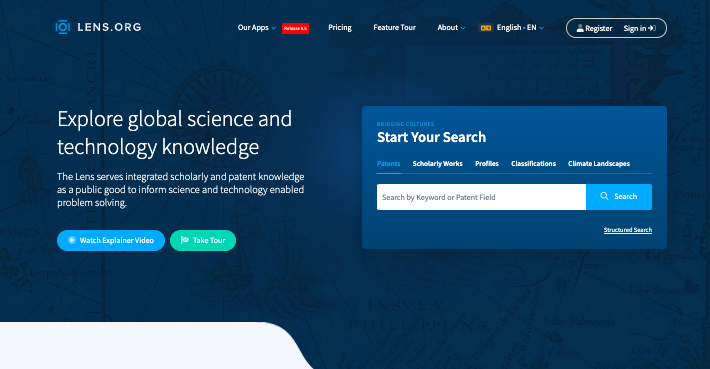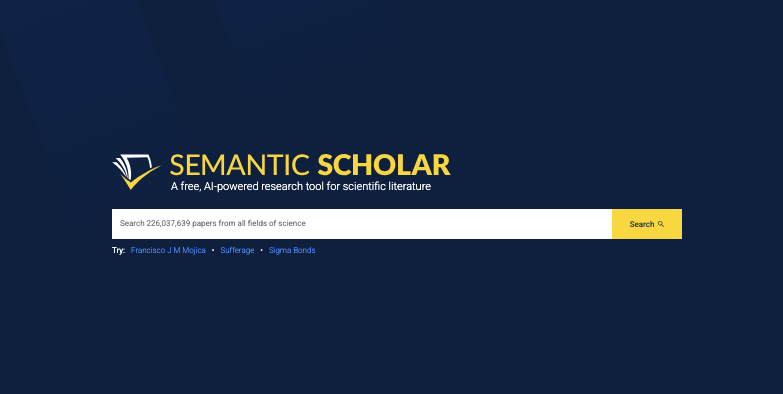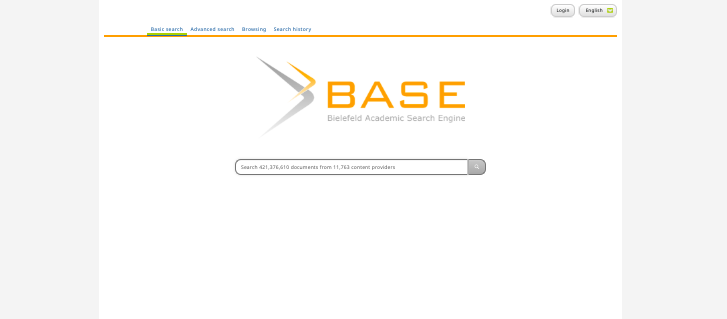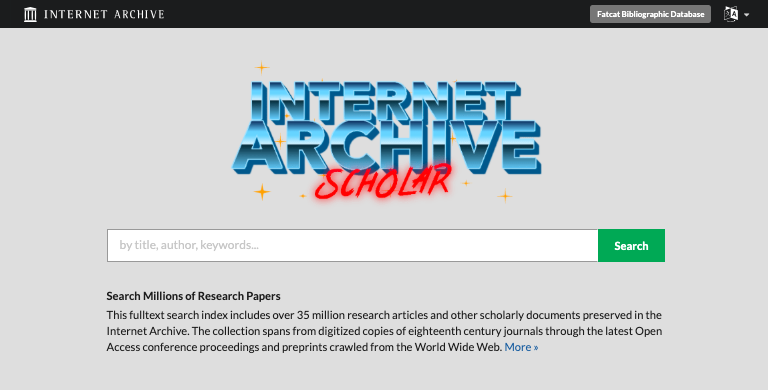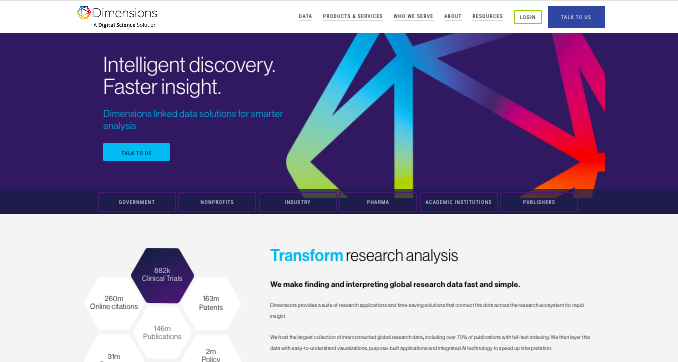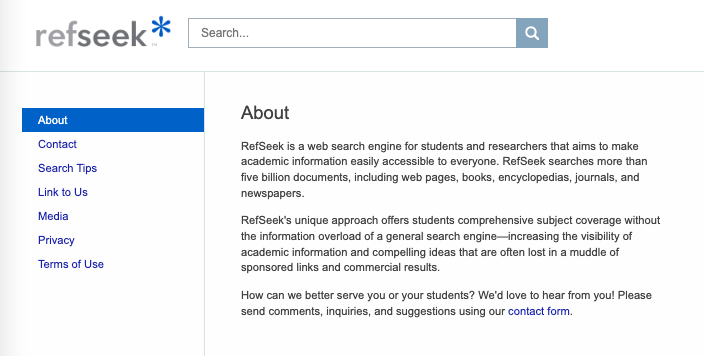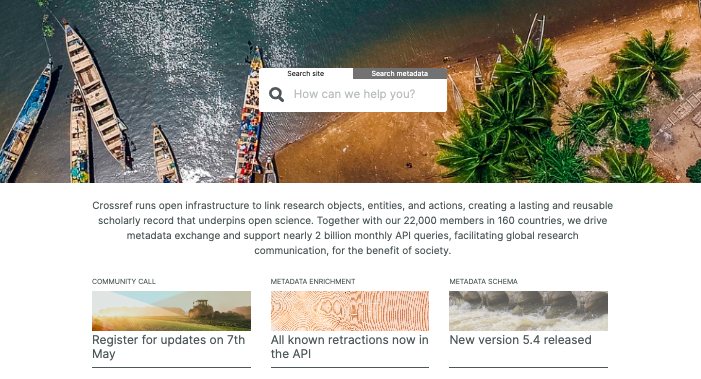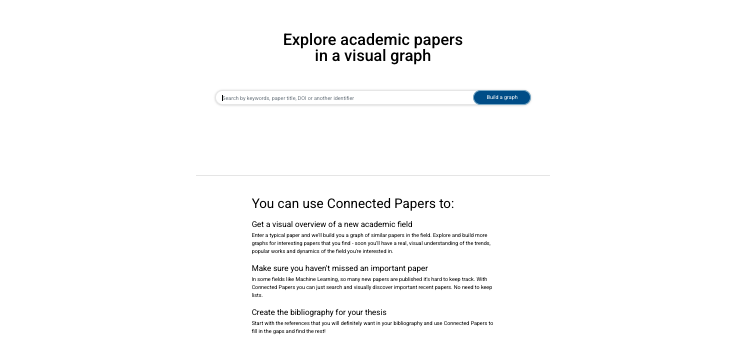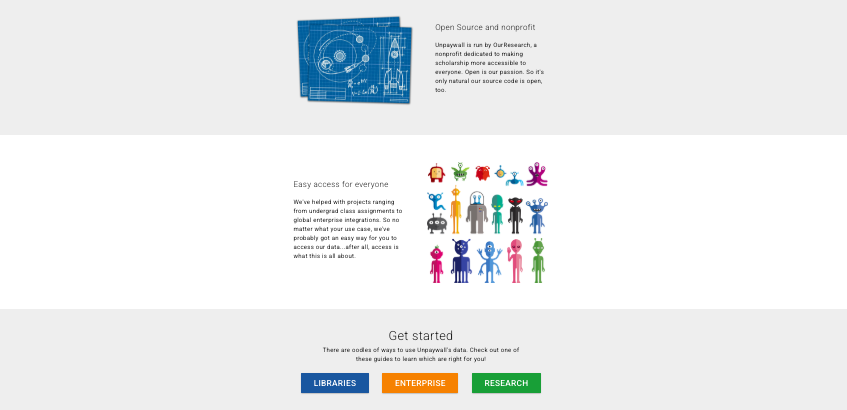Google Search has long been the default gateway to information. However, relying solely on one search engine can significantly limit your research potential.
Each search engine employs different algorithms, indexes various parts of the web, and offers unique features that may better suit specific research needs.
If you’re an academic researcher, journalist, data scientist, or a knowledge worker, expanding your search toolkit is essential for discovering diverse perspectives.
You must access specialized databases, and uncover information that might remain hidden in Google’s results.
This post explores ten powerful alternatives to Google Search that can transform your research process, enhance the depth of your findings, and help you navigate the information landscape more effectively.
Let’s find out more.
Also Read: Best Search Engines
1. Lens.org
Lens.org stands out in the research landscape as an open platform that democratizes access to interconnected scholarly and patent information.
By bringing together over 225 million scholarly works with more than 134 million patent records from around the world, Lens offers researchers a unique perspective on the relationship between academic research and practical innovation.
This integration is particularly valuable for researchers working at the intersection of academia and industry, offering insights into how fundamental research translates into technological applications.
The platform’s open infrastructure approach means that data is not just searchable but can be analyzed, visualized, and exported using built-in analytics tools.
Researchers can map citation relationships, track the flow of ideas from academia to industry, and identify potential commercial applications of their work.
For those interested in innovation ecosystems, technology transfer, or finding industrial applications for academic research, Lens provides a level of interconnection between scholarly literature and patents that no other search platform can match.
Explore: Private Search Engines
2. Semantic Scholar
Semantic Scholar represents the cutting edge of AI-powered academic search engines.
Developed by the Allen Institute for AI, this platform employs advanced natural language processing and machine learning techniques to extract meaning from scientific literature.
What truly sets Semantic Scholar apart is its ability to highlight the most important sentences and findings in papers, saving researchers countless hours that would otherwise be spent skimming through lengthy documents.
Its citation analysis goes beyond simple counting, examining whether citations are supportive or contrastive and identifying which parts of a paper have been most influential.
The platform’s focus on fields like computer science, biomedicine, and more recently, the social sciences, makes it an invaluable resource for researchers in these domains.
With over 200 million academic papers in its index and powerful filters for recency, citation count, and author prominence, Semantic Scholar helps researchers cut through information overload to find the most relevant and impactful research in their field.
Check Out: Best Yandex Image Search Alternatives
3. BASE (Bielefeld Academic Search Engine)
BASE stands as one of the most comprehensive academic search engines for open access content, making it an essential tool for researchers seeking freely accessible scholarly materials.
Operated by Bielefeld University Library in Germany, BASE indexes over 240 million documents from more than 8,000 content providers, with a strong focus on resources that might be overlooked by commercial search engines.
What makes BASE particularly valuable is its commitment to open science principles and its meticulous approach to source selection.
BASE provides transparent information about the indexed sources and allows users to filter results based on specific repositories or document types.
The platform also offers advanced search operators and detailed metadata that help researchers refine their queries with precision.
For those conducting comprehensive literature reviews or seeking to access research without hitting paywalls, BASE offers a window into the growing world of open access scholarship that extends far beyond what mainstream search engines typically cover.
Also Read: Best Reference Management Software For Research
4. Internet Archive Scholar
Internet Archive Scholar offers researchers something truly unique: a window into the historical web and access to millions of scholarly articles preserved for posterity.
Built on the foundation of the Internet Archive’s massive digital library, this specialized search engine focuses on helping researchers discover and access academic literature, including content that may have disappeared from its original location or become difficult to find through conventional channels.
The platform excels at providing full-text access to older publications that might otherwise be locked behind paywalls or lost to digital decay.
Its integration with the Wayback Machine allows researchers to view historical versions of academic web pages and track how scholarly resources have evolved over time.
For historical research, literature reviews requiring older sources, or investigations into the development of academic discourse over decades, Internet Archive Scholar provides an unparalleled glimpse into the scholarly past.
It ensures that valuable knowledge isn’t lost to the ephemeral nature of the digital world.
Explore: Best Websites Like Qwant
5. Dimensions
Dimensions has rapidly emerged as one of the most comprehensive research intelligence platforms available, offering researchers a holistic view of the research landscape that extends far beyond traditional citation metrics.
What makes Dimensions particularly powerful is its integration of multiple research outputs, from publications and grants to patents, clinical trials, and policy documents, into a single, interconnected database.
This allows researchers to track the complete lifecycle of research ideas from initial funding through to real-world impact.
The platform’s sophisticated analytics tools enable users to identify emerging research trends, potential collaborators, and funding opportunities relevant to their work.
With over 110 million publications and $1.8 trillion in global research funding indexed, Dimensions provides unprecedented visibility into how research evolves and influences society.
For researchers seeking to understand the broader context of their field, measure research impact beyond citations, or identify strategic research directions, Dimensions offers insights that traditional search engines simply cannot provide.
Also Read: Best DuckDuckGo Alternatives
6. Refseek
Refseek addresses a common challenge for researchers: finding credible, academic information without wading through commercial or irrelevant content that often dominates general search engine results.
The specialized search engine focuses exclusively on academic resources, including university websites, scholarly publications, and educational materials.
By intentionally filtering out commercial domains and emphasizing .edu, .org, and selected .gov sites, Refseek creates a research-focused environment that prioritizes educational content.
The platform indexes over one billion documents, including academic journals, books, abstracts, and other scholarly resources that might be missed by broader search engines.
Its clean, distraction-free interface allows researchers to focus on content quality rather than navigating advertisements or sponsored content.
For students, educators, and researchers seeking a straightforward approach to finding trustworthy academic sources without the noise of commercial search engines, Refseek offers a streamlined path to relevant scholarly material across disciplines.
Also Read: Best Image Search Engines
7. Crossref
While not a traditional search engine, Crossref has become an essential infrastructure component for research discovery that deserves a place in every serious researcher’s toolkit.
As the official Digital Object Identifier (DOI) Registration Agency for scholarly publications, Crossref maintains a massive database of metadata for over 120 million journal articles, books, conference proceedings, and other content types.
The platform’s REST API and search functionality allow researchers to find precisely cited works, track citations to specific publications, and verify bibliographic information with unprecedented accuracy.
What makes Crossref particularly valuable is its role as a trusted, publisher-neutral foundation for scholarly communications, ensuring persistent identification and linking of research outputs across the digital landscape.
For researchers conducting systematic literature reviews, building comprehensive bibliographies, or tracking the impact of specific publications, Crossref provides authoritative metadata that forms the backbone of academic citation networks.
Its integration with reference management software and publishing platforms further enhances its utility in the research workflow.
8. Connected Papers
Connected Papers is a visual exploration tool for academic research that creates interactive node graphs showing relationships between papers based on citation patterns.
Unlike traditional search engines that rely on keywords, Connected Papers helps researchers discover related work through conceptual similarities and citation connections, revealing influential papers, emerging research directions, and the broader intellectual landscape of a topic.
More than a replacement for traditional search engines, it’s a complementary tool that excels at helping researchers.
It helps them understand how papers relate to each other, identify seminal works in a field, and discover relevant research that might use different terminology but addresses similar concepts.
Also Read: Kiddle Review – The Search Engine For Kids
9. Unpaywall
Unpaywall is a free browser extension and online service that helps researchers access open access (OA) versions of scholarly articles that are otherwise behind paywalls.
It works by searching a vast database, harvesting content from over 50,000 publishers and repositories to find legally available OA copies of research papers.
When a user visits a paywalled article, Unpaywall displays a colored tab on the browser: a green tab indicates a free OA version is available, while a gray tab means none was found.
For researchers, Unpaywall is not a direct alternative to Google Search, as it does not index or search the full breadth of the web or scholarly literature; rather, it complements existing search tools by providing a seamless way to access free, legal versions of articles.
Its integration with major databases and ease of use make it a valuable tool for researchers seeking open access literature, but it should be used alongside, not instead of, comprehensive search engines.
Conclusion
The digital research landscape extends far beyond Google’s horizons.
These alternatives represent just a fraction of the specialized search tools available to today’s researchers.
Each platform offers unique strengths: some excel at academic content discovery, others at computational knowledge, and still others at preserving historical scholarly materials.
The most effective research strategies involve using multiple search engines strategically, selecting the right tool for each specific research need.
As information continues to grow exponentially, mastering these diverse search platforms becomes not just advantageous but essential for comprehensive research.

